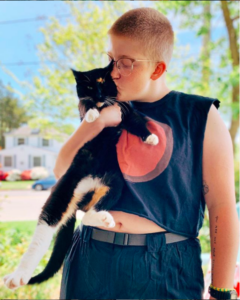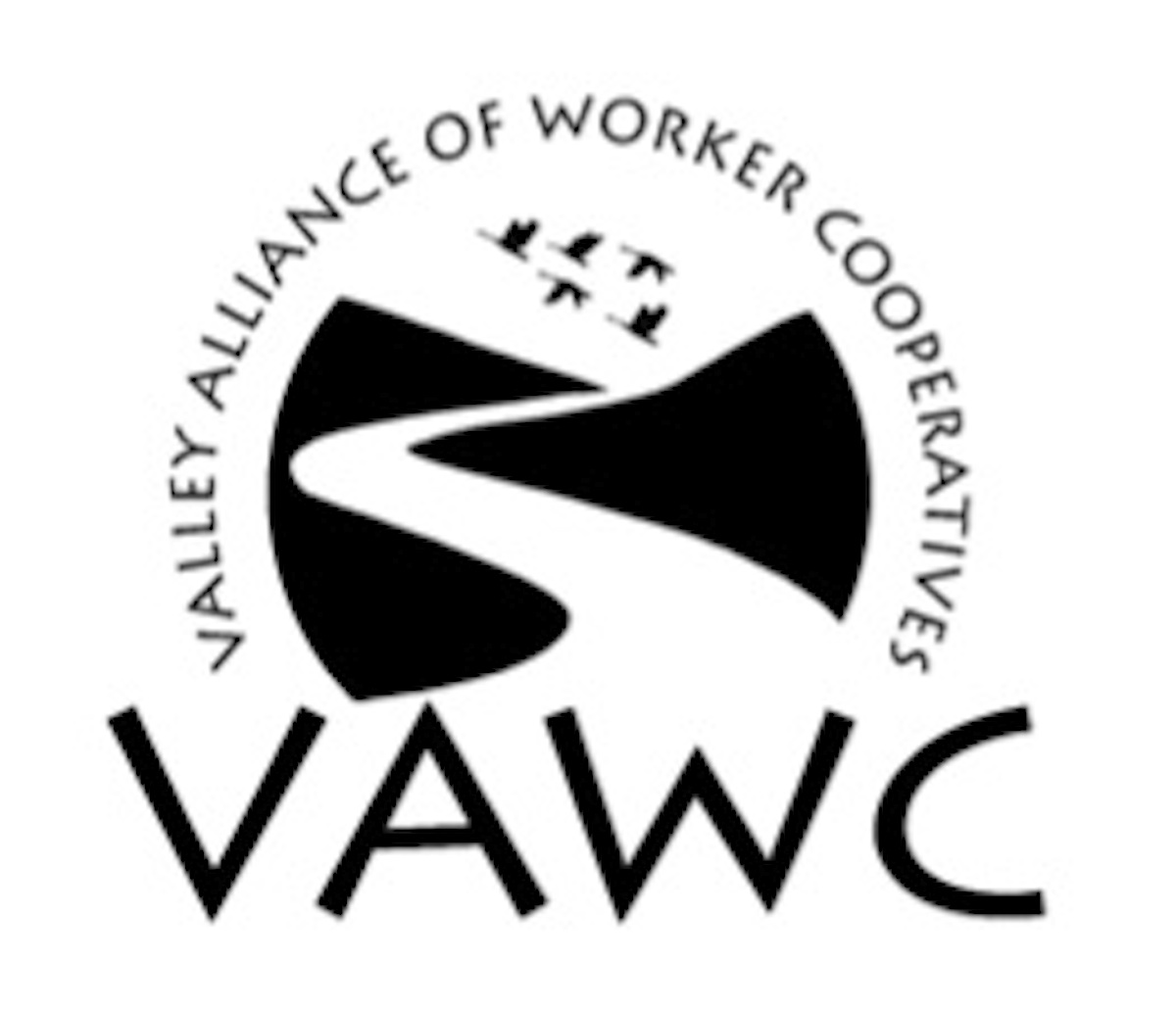
Thank you to Lucy James Olson, our summer intern for 2020, for writing this report back. Lucy worked with us on building resources for housing co-ops as well as data collection and presentation regarding our impact. Thank you to Ali Aslam of Mount Holyoke College for connecting Lucy with us.
Instilling Co-operative Values in Daily Life
I was first introduced to the Valley Alliance of Worker Co-operatives during a class I was taking at Mount Holyoke College. During one of our later classes the Executive Director of VAWC, Adam Trott, spoke with our professor about his work with co-operatives in the Connecticut River Valley and the capacity of worker owned co-ops to generate structural change. I immediately became interested in the work of VAWC and reached out to Adam with questions and to pursue the possibility of a summer internship. As the world was changing due to COVID-19, I needed something that was flexible but fulfilling, and working remotely with VAWC provided that. After speaking with both Adam and my professor a few times, I decided to combine my internship experience with an independent study at Mount Holyoke— one whose form would be determined by the work I ended up doing at VAWC over the summer. My work with the Valley Alliance of Worker Co-operatives took the form of two projects, one assessing the impact of VAWC and its co-ops, and the second researching housing co-operatives.
Worker Co-ops need to promote their successes. I gathered data to understand how co-ops do not just use co-op principles to bring democracy to the workplace, but how they serve members and build community and civic infrastructure. VAWC co-ops are resilient during downturns and shift resources in good times to research, development, and building the broader co-op economy. VAWC members use their resources and relationships to not only improve their own workplaces, but also to give to other co-ops and charitable organizations.
When Oxbow Design Build Co-op, a VAWC member, expressed their goal of building housing co-ops, I gathered resources for both VAWC members and external groups about the value of co-operative living and the important role that the seven co-operative principles can play in the daily lives of co-op residents. This was not the original plan for my internship, but it has morphed into a vastly more important project for me personally, and for housing co-operatives in the Valley that have yet to be created. I learned about the autonomy and agency that can be gained by creating co-operative spaces to resist capitalism, and I learned about how important co-ops can be to their members and residents, especially during times of crisis. This felt exceptionally salient as people in the United States began rising up against white supremacy and racism in the midst of a pandemic— a crisis that has encouraged people to live co-operatively, whether intentionally or not. While my internship is coming to an end, my independent study is just beginning. I am continuing my work by researching existing co-operative housing communities in the Connecticut River Valley to gain a better understanding of the history, strategy, and opportunity in the region.
However, my internship at the Valley Alliance of Worker Co-operatives has offered me more than just a summer internship flexible enough to pursue in the age of COVID-19 and an independent study to pursue this fall, just as co-operative housing has offered many people more than just a place to live. Learning co-operative theory through practice has allowed me to gain a better understanding of what it means to live co-operatively, and the value that the co-operative economy has in terms of building alternatives to capitalism— alternative work conditions, living arrangements, and relationships— a project which is feeling more important by the day.
